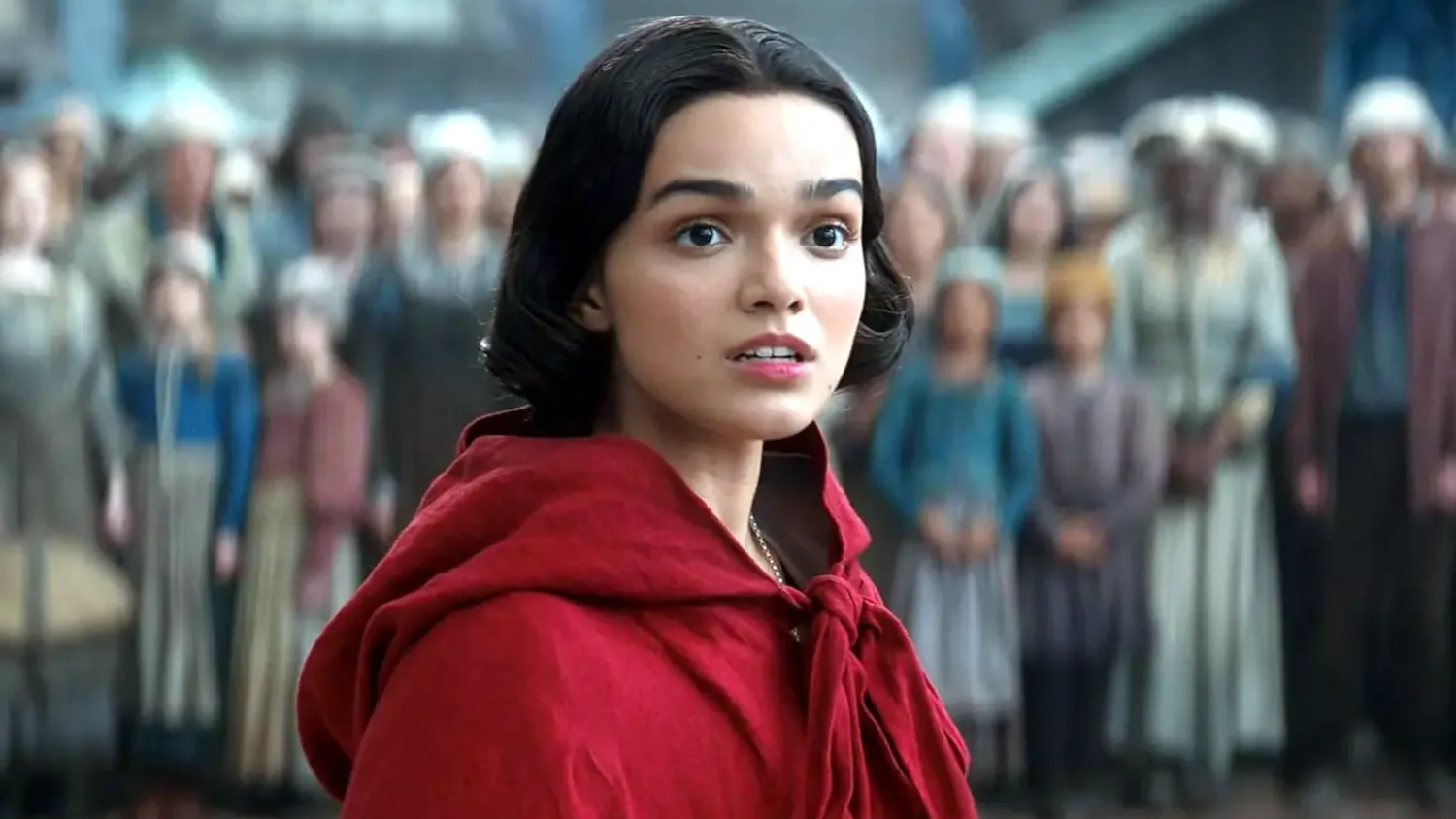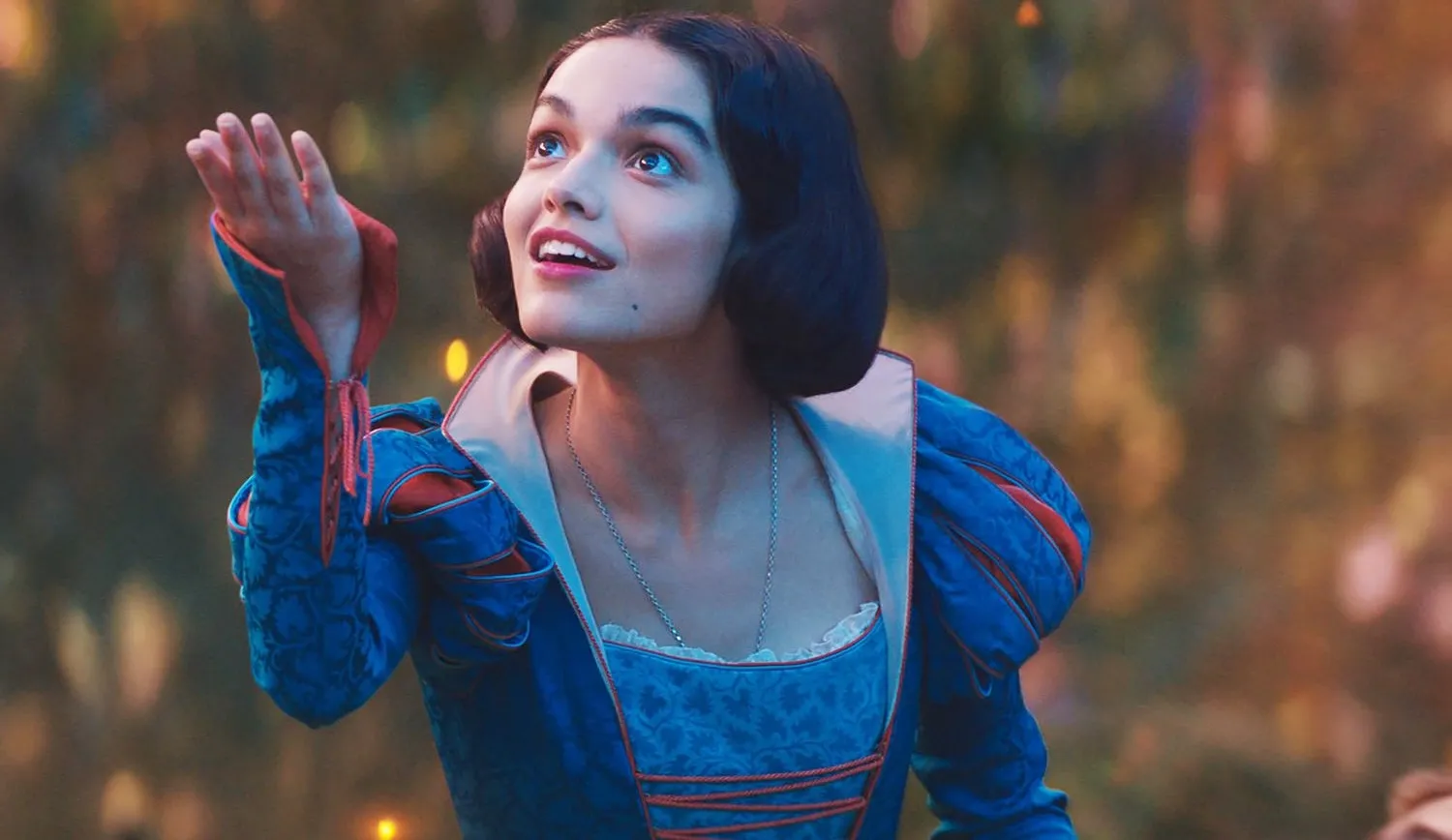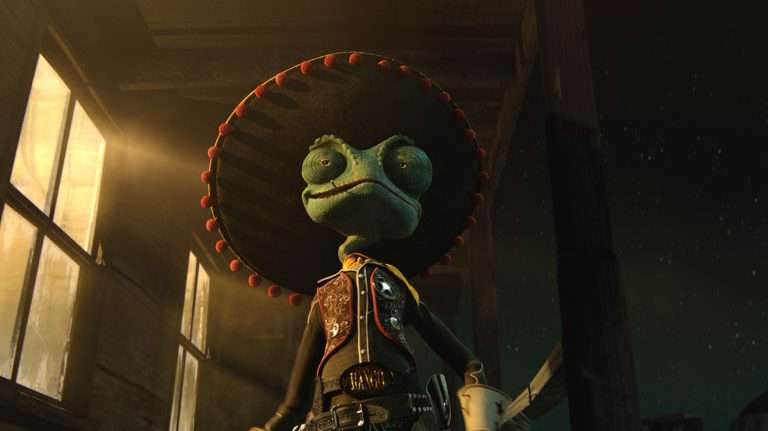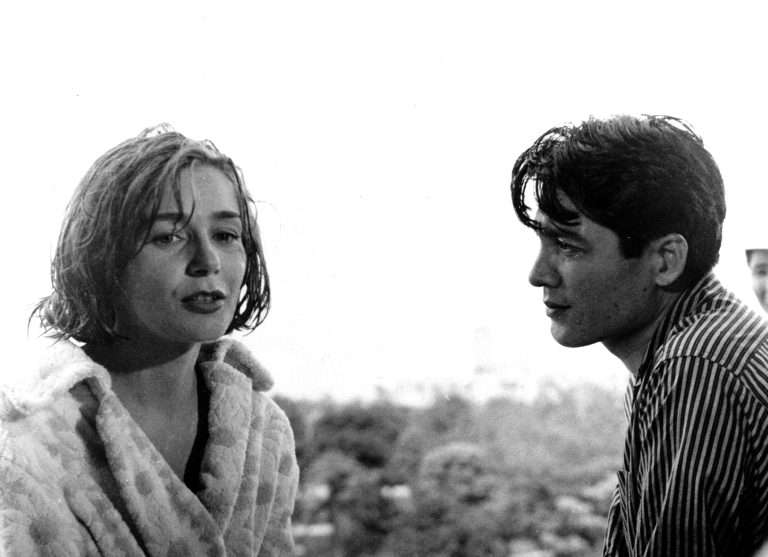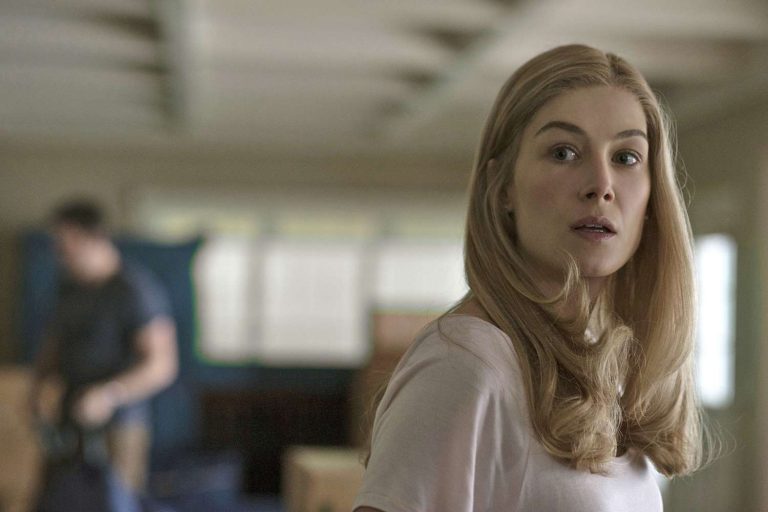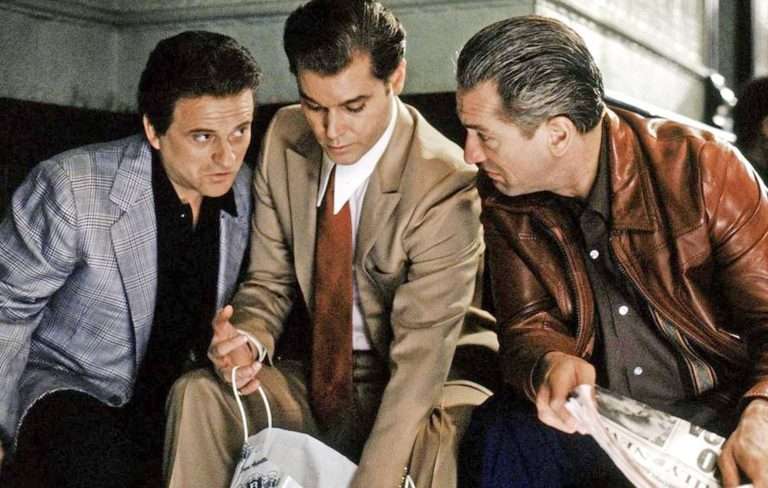Rachel Zegler has become the latest actress to be thrown under the proverbial bus, serving as a convenient scapegoat for Disney’s struggling live-action movie, “Snow White.” Rather than taking accountability for a poorly marketed film with lackluster early reviews and a bloated budget, the studio — and the media machine working in tandem with it — has allowed a targeted smear campaign to unfold against Zegler, echoing past attempts to destroy the careers of actresses like Melissa Barrera and Amber Heard.
The making of a scapegoat
The backlash against Zegler has been years in the making, following a cycle that Hollywood has seen before. Her rise to fame was meteoric — going from a high school student who responded to a Twitter casting call to leading Steven Spielberg’s “West Side Story.” But the moment she was cast as Snow White, she became the subject of intense scrutiny. The so-called “controversy” surrounding her casting, however, has little to do with the actual film and everything to do with deeply ingrained misogyny and racism.
Like many actresses before her, Zegler faced disproportionate criticism for something male actors are rarely held accountable for — having an opinion. Her comments acknowledging that a 1937 film might have outdated themes were no different from statements made by Lily James (“Cinderella”) or Emma Watson (“Beauty and the Beast”), yet Zegler faced relentless online harassment. The backlash conveniently ignored the real reasons “Snow White” struggled at the box office: an unappealing trailer, an overinflated budget, weak audience interest, and a general decline in enthusiasm for Disney’s live-action remakes. Instead, the narrative pushed by social media and media outlets alike framed her as the film’s downfall.
A Familiar Playbook: Melissa Barrera and Amber Heard
This isn’t the first time Hollywood and the media have coordinated a takedown of a woman in the industry. Melissa Barrera, a rising star in the “Scream” franchise, was unceremoniously fired from “Scream VII” after expressing solidarity with Palestine. The official explanation cited her “antisemitic” rhetoric—despite the fact that her posts, which criticized genocide and colonialism, were largely in line with international human rights advocacy. Rather than engaging in any meaningful discussion, Hollywood executives deemed her “problematic” and swiftly cut ties, letting online backlash against her snowball without intervention.
Amber Heard faced an even more vicious smear campaign, with the entertainment industry and social media working together to vilify her. Despite a documented history of abuse allegations against Johnny Depp, Heard was cast as a manipulative liar in the court of public opinion. Media outlets amplified misogynistic narratives, social media influencers profited from degrading her, and Warner Bros. distanced itself from her, drastically reducing her role in “Aquaman and the Lost Kingdom.” The case set a dangerous precedent, signaling to Hollywood that actresses could be sacrificed to protect powerful men or major corporate interests.
A Convenient Distraction
Zegler’s situation mirrors both Barrera’s and Heard’s, albeit with different circumstances. In all three cases, the studios involved allowed a narrative to flourish that placed blame on the actresses while deflecting from the institutions actually responsible for poor decisions. In Zegler’s case, Disney failed to generate excitement for “Snow White” and miscalculated audience interest. The decision to make her the scapegoat wasn’t just convenient—it was strategic.
This tactic allows studios to shift blame onto an individual rather than admit broader industry failings. When “The Marvels” flopped, director Nia DaCosta was positioned as the primary reason for its failure instead of the over-saturation of the Marvel brand. Now, Snow White’s struggles are being pinned on Zegler rather than acknowledging that audience fatigue with live-action remakes and Disney’s own marketing missteps played a much larger role.
Also Read: Snow White (2025) Movie Review: Rachel Zegler Shines in Disney’s Live-Action Remake that Simply Can’t Overcome its Princess Problems
The Media’s Role in the Smear Campaign
Disney hasn’t just passively allowed the backlash against Zegler to continue—it has actively weaponized it. Variety published multiple articles reinforcing the “controversy,” with one piece on March 25 linking her social media history—specifically, her pro-Palestinian stance and anti-Trump statements—to the film’s reception. The idea being pushed? That Zegler herself, not Disney’s mismanagement, was the reason the film was underperforming.
This is the same tactic used against Heard, whose personal life was picked apart to justify an industry-wide abandonment of her. It’s the same approach taken with Barrera, whose activism was used as a reason to erase her from “Scream VII.” The underlying message is clear: when a film fails or an actress becomes too outspoken, the industry will find a way to destroy her image rather than hold itself accountable. This is also evident in how Zegler’s co-star Gal Gadot, who plays the Evil Queen, has largely escaped similar criticism, despite “Snow White” being a collective studio endeavor.
This discrepancy highlights an underlying double standard in Hollywood discourse—one that may be influenced by the industry’s deep-seated pro-Israel bias. Gadot, a vocal supporter of Israel and a former IDF soldier, has consistently been shielded from harsh industry-wide criticism, even in the face of her polarizing political stance. During the height of Israel’s military actions in Gaza, her past IDF service and public statements drew backlash, but it never translated into a career-damaging fallout. In contrast, Zegler, a Latina actress who is outspoken about progressive issues, has been mercilessly targeted.
The studio could have just as easily backed Zegler as it did Gadot, but the latter’s alignment with pro-Israel sentiments seems to grant her an invisible shield. Meanwhile, Zegler’s attempts at championing a more modern feminist take on Snow White have been twisted into arrogance and ungratefulness.
The Inevitable Pushback
Despite the smear campaign, the backlash against Zegler isn’t as powerful as some may think. Social media discourse rarely translates directly to box office numbers. The same people who spent months attacking “The Marvels” didn’t buy tickets to begin with, and those attacking Zegler were never the audience for “Snow White.” However, the most disturbing part of this saga isn’t whether or not “Snow White” makes money — it’s the dangerous precedent it sets. The weaponization of online outrage against women in Hollywood, particularly women of color, is becoming a disturbingly common trend. Whether it’s Heard, Barrera, or now Zegler, the industry has made it clear that when faced with controversy, the easiest solution is to sacrifice a woman’s career rather than confront systemic failures.
If history is any indication, Rachel Zegler will survive this storm, just as others before her have. But the fact that this cycle continues—again and again—proves that Hollywood has learned nothing. And until that changes, actresses like her will always be one studio misstep away from becoming the next scapegoat.

